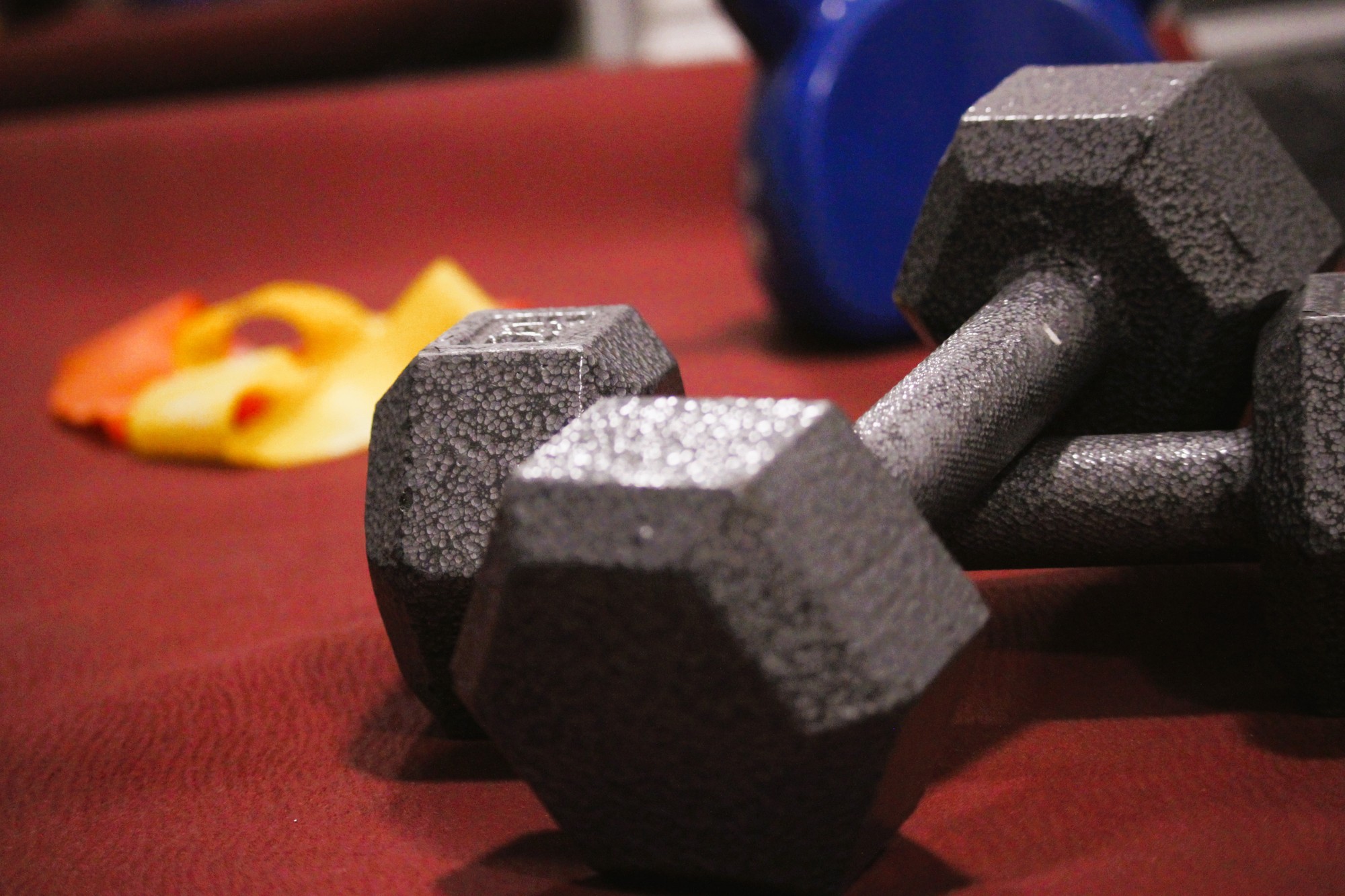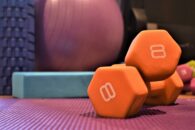I have always been an active person, and staying fit and healthy is a priority for my family and me. Whether it was playing in a volleyball league, attending drop-in fitness classes, or hitting the weights at my gym, I always found ways to stay in shape. And then… COVID. No more gym, no more organized sports, and severe restrictions on outdoor activities.
Like most Canadians, I had to find new ways to get in my regular dose of exercise – for my physical AND mental health – and that meant going virtual. In a sea of online and app-based wellness programs, it can be difficult to choose. I based my selection on the following criteria: ease of use, overall cost, and features/benefits to my overall goal of achieving both fitness and wellness goals.
Over the course of 12 months, I tested out three different online or app-based fitness options to see which one would work best for me. I didn’t buy any special fitness or technology equipment other than what I had at home. I own/use an iPhone, have a laptop, and had been gifted a FitBit. I used my own small selection of dumbbells and yoga mat for all three options. Here is what I found.
Beachbody on Demand – Fully online and with an app, I was able to stream over 75+ fitness programs of varying intensity, skill level, and duration on my mobile phone and laptop. I worked through the Morning Meltdown 100, which was 100 days straight of workouts. Total cost = $135/year subscription.
Pros: Easy access, lots of options. Beachbody tracks workouts based on viewing, accountability groups, and optional one-on-one coaching.
Cons: Not ideal for complete beginners. Injuries can happen if you are new to movement or equipment. The trainers are very intense, which can be motivating but also intimidating.
My two cents: I love to work out vigorously, so the high-energy approach worked for me at first. By the end of the 100 days of the program (which took me 120 days to complete), I needed a break. This program stresses commitment to daily workouts, which in the end was too much for me.
Fitbit Premium – Subscription, app-based program that connects biometrically with the Fitbit bracelet/watches. The Fitbit Premium program goes beyond the basic free version to track health data such as sleep quality, heart rate trends, and physical activity to give you a more complete health and wellness picture. Premium features include access to apps for meditation and online workouts. Cost = $100/year subscription, plus the cost of the Fitbit device, $129 – $350.
Pros: Automatically tracks a variety of biometrics through sensors in the device, to give you a good picture of your overall wellness, and encourages daily movement.
Cons: You must keep the tracker charged, and on your person. Data, such as daily step count, or calories burned during exercise, is not necessarily accurately calculated, which can skew the accuracy of your results.
My two cents: I appreciated having a more detailed view of my overall wellness, not just workout data. Once I got used to wearing the device, I was really motivated by seeing a daily record of my step count, sleep score, activity log, and heart-rate data. Being able to see when my sleep score went sideways encouraged me to improve my sleep hygiene, which improved my overall mental and physical wellness.
Health App: A built-in part of the Apple OS, every iPhone has the Health app. This makes it simple to get started and doesn’t require you to have a separate tracker (although it really helps). This app relies heavily on users to input data for advanced tracking, but if you are carrying your iPhone, the app can detect steps, and track walking or running distances. If you have a separate tracking device, you can connect it to this app to collect additional data.
Pros: No extra app download, no additional devices, no extra cost beyond the cost of the iPhone and phone plan. Is compatible with non-Apple tracking devices if you choose to invest in one.
Cons: You must remember to enter your own data, and you must carry your phone in order to track steps or movement.
My two cents: If you are mildly curious about fitness trackers, this is a low-load way to get started, provided you have an iPhone. Paying attention and tracking what you are doing helps build awareness of what matters most to you. Cost = $0



